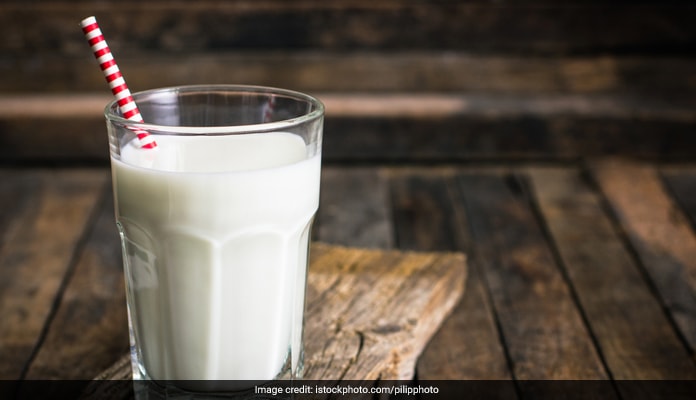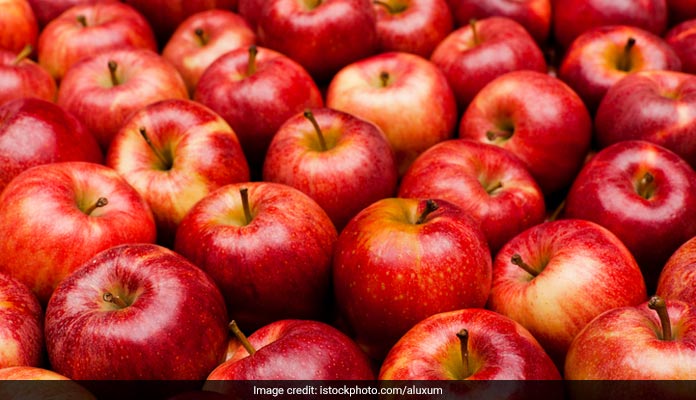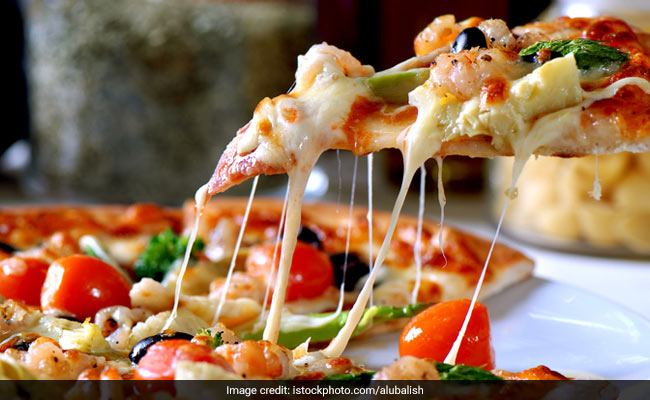Nutrition has an important role to play when it comes to male fertility. Take a look.

Your diet can create havoc in your sex life and your dream of becoming a dad someday
HIGHLIGHTS
- Drinking and smoking are to blame for male infertility
- Processed meat can lower your sperm count by 23%
- More than two cups a day can harm your reproductive cells
The incidence of infertility is increasing at an alarming rate, especially in men. Now genetics can't be blamed for everything. Unhealthy habits like drinking and smoking are to blame but little do people know that food can also be blamed here. Yes, gentlemen, if you thought that your diet has nothing to do with your fertility, you are mistaken. Your diet can create havoc in your sex life and your dream of becoming a dad someday. We have compiled a list of the top 6 foods which can harm male fertility to a great extent. Take a look.
Also read: 5 Shocking Factors To Blame For Male Infertility: Tips To Overcome It
1. Processed meats
Meat is love, but keeping your love for meat aside, it is important to consider the kind of meat you choose for yourself. Organic meat is fine, but the processed variety is not something that we would recommend. This is because eating processed meats can actually compromise your sperm quality. Processed meat in hamburgers, bacon, hot dogs, salami and bologna can lower your sperm count by 23% as compared to those who consume lesser quantities. Processed meats are harmful because they have hormonal residues which can potentially harm the reproductive system.

Photo Credit: iStock
2. Full fat dairy products
Full fat dairy such as milk and cheese can harm sperm motility. Drinking full fat milk regularly can be the reason why you have limited sperm count. Only two servings of full fat dairy in young men could do this harm.

Photo Credit: iStock
3. Sugar-filled drinks
If you love sugary drinks like sodas, energy drinks and carbonated drinks, you must read this one. A study shows that increased consumption of sugary and carbonated drinks, more than one serving in a day, is linked to decreased sperm motility. Too much sugar can increase insulin resistance causing oxidative stress. As a result, sperm motility goes down.

Photo Credit: iStock
4. Non-organic foods
Keep away from non-organic foods as much as possible. Non-organic foods are latched with high levels of pesticides and hormones which can kill your sperm. This includes processed meats, apples, strawberries, grapes, celery, tomatoes, bell peppers, spinach, cucumbers and nectarines. These foods are the most affected with pesticides and hormones. If you can't give up on them, make sure to clean them well before eating.

Photo Credit: iStock
5. Caffeinated drinks
If you possess undying love for tea and coffee, this one will make you question your love for them. What if we told you that coffee and tea can actually harm your sexual health? More than two cups a day can harm your reproductive cells. So if you can't completely give up on caffeinated drinks, you must limit the consumption to only two cups a day.

Photo Credit: iStock
6. High-fat junk foods
Some junk foods, high in fats and sugar, are harmful to your digestive system, heart and fertility. Eating such foods limits the growth of your sperms. These also include illicit drugs and steroids. So in an effort to have a stronger outer build, you end up damaging your fertility.

Photo Credit: iStock
Protect your fertility!
DoctorNDTV is the one stop site for all your health needs providing the most credible health information, health news and tips with expert advice on healthy living, diet plans, informative videos etc. You can get the most relevant and accurate info you need about health problems like diabetes, cancer, pregnancy, HIV and AIDS, weight loss and many other lifestyle diseases. We have a panel of over 350 experts who help us develop content by giving their valuable inputs and bringing to us the latest in the world of healthcare.














